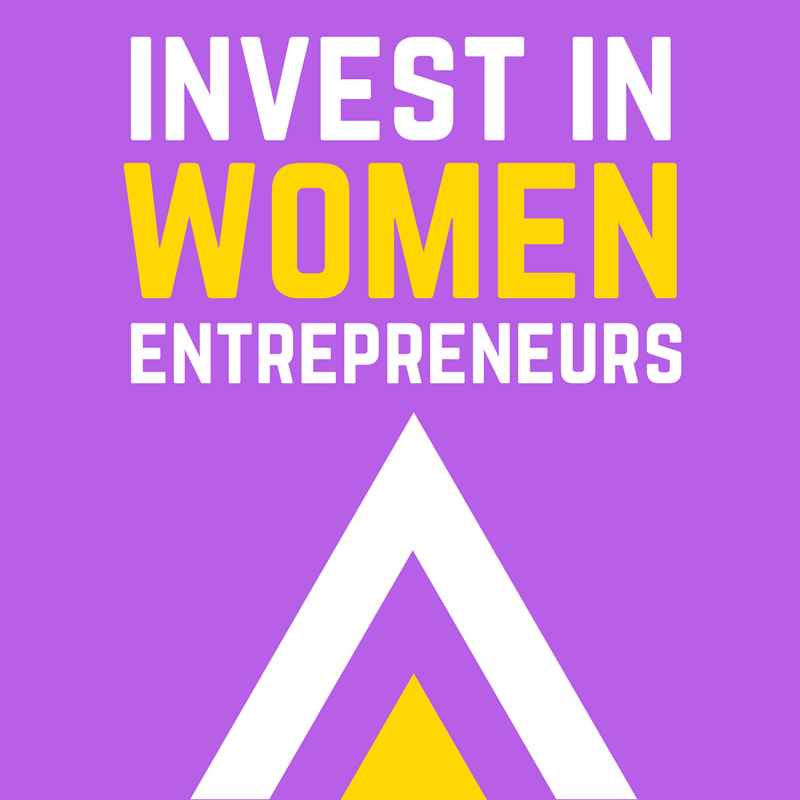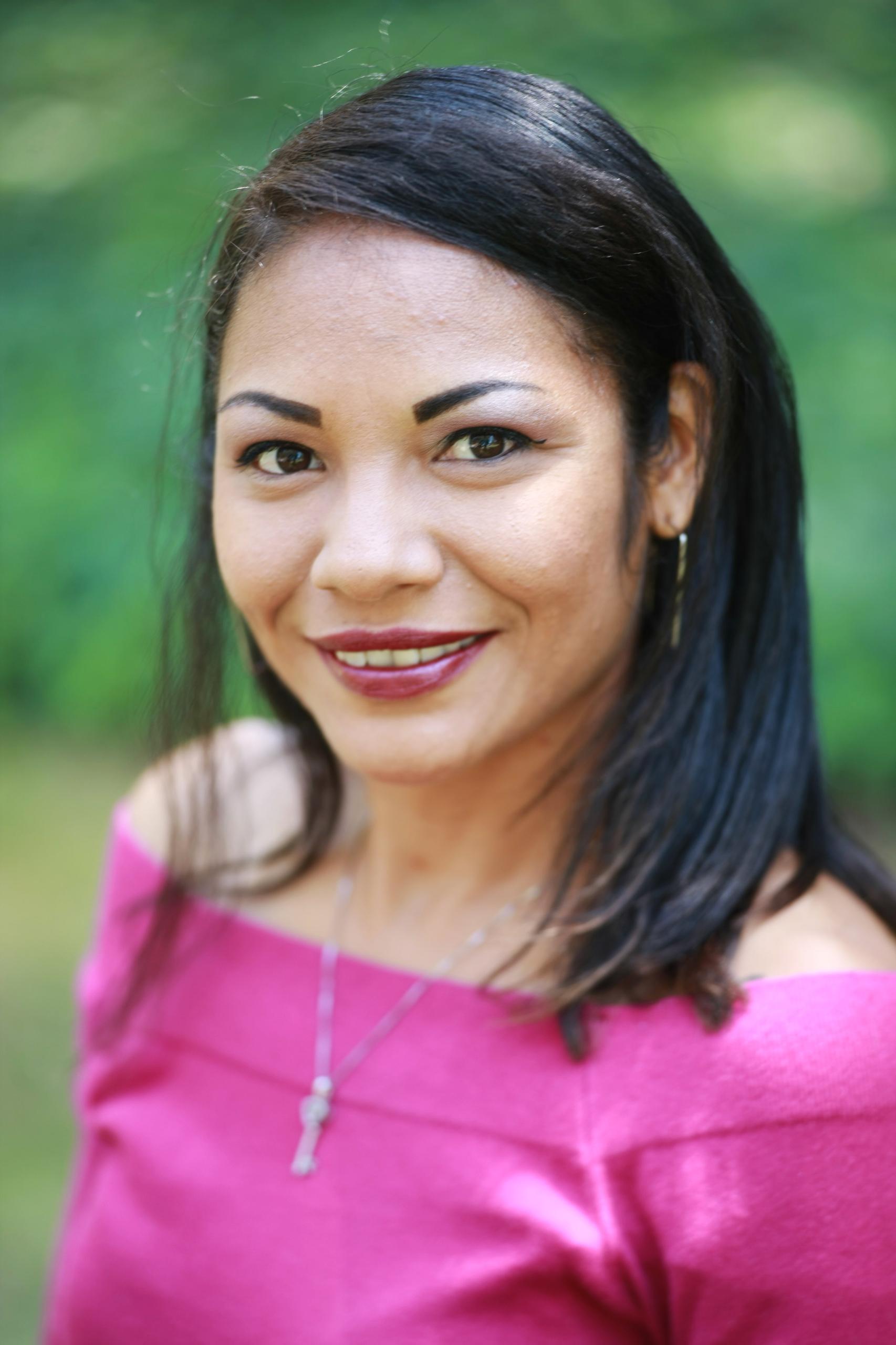In July, 2022, women entrepreneurs and the Women’s Business Centers that support them in California won a historic victory. Governor Newsom approved $8 million for the WBC Enhancement Program that was designed to fill the funding gap resulting from the end of the federal pandemic CARES Act. WBCs saw a 150% increase in clients – to 15,000- during this period, and this demand remained steady, even as our state’s economy emerged from COVID restrictions.
In my capacity as the State Advocate for the CA Network of 18 WBCs, I was responsible for orchestrating this advocacy effort. With enthusiastic participation from all the WBC directors, we met with every woman legislator to make our case. More than 100 clients met with their elected officials or sent letters. Senator Nancy Skinner (D. Berkeley) encouraged us to pursue this modest request and Assembly Member Eloise Reyes (D. Colton) was our champion. Twenty three bipartisan members of the Assembly and Senate joined as sponsors. One key strategy was showing how WBCs helped create 2700 new slots of childcare by providing business assistance and capital to childcare providers, most of whom were immigrant women. Because of this strategy and our legwork, the CA Women’s Legislative Caucus supported our Budget Request.
This experience was a cliff hanger, but an example of what women can accomplish when we work together, have a powerful message and cultivate the women legislators on issues close to their hearts, and the hearts of their constituents.
This victory represents more than money – it is a symbol of the increased visibility of women entrepreneurs and WBCs. For the first time in my career I am seeing Women as the focus of public policy. Childcare is now a hot button issue – not just in CA but nationally as well. What we accomplished in CA, together with the strategic focus on Childcare, are now informing the Women’s Business Center Modernization Act now moving through the US Senate. Members of the CA WBC Network and myself are actively taking the lead alongside our national sisters, through the Assoc. of Women Business Centers (AWBC).
We are turning Leaders into Advocates!
A unique From Leader to Advocate Training for WBC staff and their clients was organized, thanks to a generous grant from the Kaufmann Foundation through the national AWBC. These sessions will seek to enlarge the vision of WBC staff and their clients, and build their confidence by showing how to effectively raise their voices on behalf of themselves and their sister entrepreneurs. (Note that this program was delivered in 2023: 300 clients; avg. 64 individual WBC staff participated for total of 4 sessions).
What was once an almost forgotten, under-funded SBA program for women has now become a movement, thanks to the vision and leadership of the CA WBC Network and its Steering Committee, Chaired by Nancy Swift, CEO of the JEDI-WBC, serving the far north Siskiyou and adjacent counties. It has been an inspiration and privilege to work on behalf of this group of dedicated leaders.
Special Purpose Credit Products: The Pandemic in 2020 and ‘21 slowed down our work in promoting more capital access, particularly lines of credit for certified Women Business Enterprises (WBEs), based on the results of our 2018 Survey, What do Women Want in Growth Financing. However, this Survey report was requested by the Office of the Comptroller of the Currency (OCC) and also sent to the Consumer Financial Protection Bureau (CFPB) this year, as part of their joint research into Special Purpose Credit Products. SPCPs constitute more flexible underwriting and can be offered by banks to underserved small business owners without being dinged by the regulators as too risky. We first met with regulators and bankers to promote SPCPs for women business owners through LA ReacH, a program sponsored by the OCC to stimulate new approaches for getting capital to BIPOC communities and businesses in the Los Angeles region. Although initial interest of the banks seemed tepid, the OCC has continued to spend energy on marketing the SPCP concept, and will be ramping up these efforts in 2023.
SSBCI (State Small Business Credit Initiative): The Dept. of Treasury has allocated $1.1 Billion to California to provide credit enhancements targeted to increasing capital access for underserved and BIPOC businesses….but will they benefit more women-owned businesses in California? I have been actively involved, along with some strong WBCs that also do lending, in advocating to ensure women, Women Of Color and underserved communities benefit from this funding, which includes $25 million for credit Technical Assistance over 5 years. However, credit enhancements assume capital is already available to make these loans and that there is a pool of loan ready clients. Focus must be put on ensuring CDFIs have enough capital for these small loans and that a pipeline exists of prepared, loan- ready women business owners. WBCs are capable of creating this pipeline. In 2022 they leveraged $44million in capital for their clients-- the vast majority of these loans were under $50,000. Imagine if they could double this impact!
Moving Forward in Gratitude
This past year was successful in raising the visibility of women entrepreneurs, WBCs, and their economic impacts despite the severe challenges of the pandemic economy. We are now “at the table”, but need to sustain compelling messages, good data and solidarity in order to stay there. As the “Chief Catalyst” at I-WE, my role has been one of strategic organizer, communicator and mentor. The goal has always been to direct more resources to women entrepreneurs in a sustainable manner, and not just in high profile one-off programs. I’m looking forward to having the CA WBC Network hire a full time Marketing & Communications Consultant who will build upon what we started, and enable me to focus more on strategic advice and relationship development. And, I want to thank all the women who have supported me during this process. Special thanks to Charlene Bautista, my young Communications person, who scheduled all the Leg. meetings with WBCs and entrepreneurs and handled social media for the CA WBC Network events and member activities. California’s Small Business Advocate, Tara Lynn Gray, has been a source of encouragement and inspiration to keep the faith. Thanks too to Corinne Goble, CEO of AWBC, who has involved me in their national advocacy and promoted our successes in California. And, last, but not at all least, I want to express deep appreciation for the continuing support of Rosana Han, formerly of First Republic Bank, but now gracing the CRA department of JPMorgan Chase Bank!
Financial Report
Community Ventures- Statement of Activities
Invest In Women Entrepreneurs Accrual Basis
January through December 2022 Jan - Dec 22
Ordinary Income/Expense
Income
4100 · Direct Public Support 20,000.00
4110 · Corporate Contributions 10,000.00
4120 · Individ, Business Contributions. 30,000.00
Total 4100 · Direct Public Support 30,000.00
Total Income
Cost of Goods Sold
6000 · Program Costs 8,225.00
6010 · Program Contractors 370.41
6080 · Program Supplies 8,595.41
Total 6000 · Program Costs 8,595.41
Total COGS 21,404.59
Gross Profit 21,404.59
Net Ordinary Income
Other Income/Expense
Other Expense
9900 · Fiscal Sponsorship
9920 · Fiscal Sponsor Fees 2,700.00
Total 9900 · Fiscal Sponsorship 2,700.00
Total Other Expense 2,700.00
Net Other Income -2,700.00
Net Income 18,704.59















